Notice
Public-Private and Social Housing in Post-crisis East Asia / Richard Ronald
- document 1 document 2 document 3
- niveau 1 niveau 2 niveau 3
Descriptif
Public-Private and Social Housing in Post-crisis East Asia / Richard Ronald. In "Mixité : an urban and housing issue? Mixing people, housing and activities as urban challenge of the future", 23ème colloque international de l'European Network for Housing Research (ENHR), organisé par le Laboratoire Interdisciplinaire Solidarités, Sociétés, Territoires (LISST) à l'Université Toulouse II-Le Mirail, 5-8 juillet 2011.Plénière 5 : End or future of the Social Housing. Looking beyond Europe, 7 juillet 2011.
In recent decades Western social housing sectors have been increasingly problematised, stigmatised and residualized, with housing associations reoriented toward market practices and performance cultures. In developed East Asian societies however, public housing sectors have been developed along very different lines, focusing on supporting the interests of developmental states. This initially involved intensive intervention measures with state supported or direct housing provision which, nonetheless, sought to drive rapid economic expansion as much as satisfy social needs. In some contexts, like Singapore, public housing took the form of subsidised quasi-private ownership schemes under the control of a regulated market. In others, like Hong Kong, public rental housing sectors were developed but served as the primary form of welfare provided to households, offsetting the need to extend other forms of welfare provision at the same time as supplementing low wage economies, thereby enhancing the competitive capacity of industry.
Since the late-1990s however, the landscape of public and social housing has been transformed as a result of significant shifts in social political and economic conditions triggered by the Asian Financial Crisis of 1997, and, to a lesser extent, the Global Financial Crisis of 2008. In the East Asian context public housing interventions have become increasingly social, partly as a result of more unstable economic growth conditions in which commodity housing approaches have promoted volatile housing markets conditions and polarised the economic situations of households in different market sectors. Another driver of more socialised housing policy interventions has been increased democratic contestation following the challenge to the legitimacy of developmental states -subsequent to economic crises and during the period of more erratic economic growth- making social policy and housing affordability more politically contentious.
In this paper, East Asian housing policies are explored examining the diverse and surprising pathways housing markets and housing policy frameworks have followed. Particular attention is paid to countries where social housing has taken on a different hue in social, economic and policy debates in recent years and where new social rental housing schemes are being rolled out. Some attempt will be made to clarify why and how social housing policy has been extended as well as the contextual factors which help explain the contrast with European social housing sectors despite similarities in neoliberal pressures. The paper will finally reflect on the specific role of social housing in East Asian welfare regimes and the part it is playing in supporting the emerging needs of state developmentalism in the twenty-first century.
Thème
Documentation
Bibliographie sélective
- Beyond Home Ownership. Housing, Welfare and Society. Richard Ronald, Maria Elsinga. London-New York: Routledge, 2011, 248 p.
- Home ownership. Getting in, getting from, getting out. Part III. John Doling, Marja Elsinga, Richard Ronald. Amsterdam: Delft University Press / IOS Press, 2010, 184 p. [lire la préface sur le site de IOS Press].
- The Ideology of Home Ownership: Homeowner Societies and the Role of Housing. Richard Ronald. Palgrave Macmillan, 2008, 294 p. Housing and Urban Policy Studies n°34.
- Housing and the new welfare state: perspectives from East Asia and Europe. Rick Groves, Alan Murie, Christopher J. Watson. Aldershot, Hampshire: Ashgate Publishing Limited, 2007, 230 p.
- Housing and Social Transition in Japan. Yosuke Hirayama, Richard Ronald (eds). New-York: Routledge, 2006, 232 p.
- Ageing Matters: European Policy Lessons From The East. John F. Doling, Tony Maltby, Catherine Jones-Finer. Aldershot, Hampshire: Ashgate Publishing Limited, 2004, 204 p.
>
> Voir aussi la Bibliographie générale dans l'onglet "A télécharger" de la séquence d'ouverture du colloque.
Dans la même collection
-
Mixité, an urban and housing issue: ouverture du colloque [VO] / P. Boelhouwer, F. Ménard et al.
FilâtreDanielJailletMarie-ChristineMénardFrançoisBoelhouwerPeterMixité, an urban and housing issue : ouverture du colloque [version originale] / Daniel Filâtre, Peter Boelhouwer, François Ménard, Marie-Christine Jaillet. In "Mixité : an urban and housing issue?
-
Mixité, an urban and housing issue: ouverture du colloque [VF] / P. Boelhouwer, F. Ménard et al.
FilâtreDanielJailletMarie-ChristineMénardFrançoisBoelhouwerPeterMixité, an urban and housing issue : ouverture du colloque / Daniel Filâtre, Peter Boelhouwer, François Ménard, Marie-Christine Jaillet. In "Mixité : an urban and housing issue? Mixing people, housing
-
Mixité, an urban and housing issue: introduction au colloque [VO]/ M.-C. Jaillet, Jean-Claude Driant
JailletMarie-ChristineDriantJean-ClaudeMixité, an urban and housing issue : introduction au colloque [version originale] / Marie-Christine Jaillet, Jean-Claude Driant. In "Mixité : an urban and housing issue? Mixing people, housing and
-
Mixité, an urban and housing issue: introduction au colloque [VF]/ M.-C. Jaillet, Jean-Claude Driant
JailletMarie-ChristineDriantJean-ClaudeMixité, an urban and housing issue : introduction au colloque [version française avec traduction consécutive ou simultanée] / Marie-Christine Jaillet, Jean-Claude Driant. In "Mixité : an urban and
-
Legal framework for sustainable communities: affordable housing / Juli Ponce
Ponce SoléJuliLegal Framework for sustainable communities: affordable housing / Juli Ponce. In "Mixité : an urban and housing issue? Mixing people, housing and activities as urban challenge of the future", 23ème
-
European mortgage markets after the credit crisis / Kathleen J. Scanlon
ScanlonKathleenEuropean mortgage markets after the credit crisis / Kathleen J. Scanlon. In "Mixité : an urban and housing issue? Mixing people, housing and activities as urban challenge of the future", 23ème
-
Implementing "Mixité". Discourses and experiences of politicians and stakeholders: Round Table [VF]
RenardVincentAllenBarbaraGeindreFrançoisMoraBéatrixImplementing "Mixité" : discourses and experiences of politicians and other stakeholders. Round Table [version en anglais avec deux interventions traduites en français en simultané].
-
Approaches, pratices, challenges of mixité in urban contexts: présentation plénière [VF]/ Ian Cole
ColeIanApproaches, pratices and challenges of mixité in different urban contexts : présentation de la plénière / Ian Cole [version française]. In "Mixité : an urban and housing issue? Mixing people, housing
-
End or future of the Social Housing, beyond Europe: bilan, synthèse, critique / Christoph Reinprecht
ReinprechtChristophEnd or future of the Social Housing, beyond Europe : bilan, synthèse, critique de la plénière / Christoph Reinprecht. In "Mixité : an urban and housing issue? Mixing people, housing and activities as
-
The grammar of "mixed communities": urban injustice and the Aylesbury Estate [VF] / Loretta Lees
LeesLorettaThe grammar of "mixed communities": urban injustice and the Aylesbury Estate [version française] / Loretta Lees. In "Mixité : an urban and housing issue? Mixing people, housing and activities as urban
-
Social Housing in Post-socialist Europe : Lost in Transition / Sasha Tsenkova
TsenkovaSashaSocial Housing in Post-socialist Europe : Lost in Transition / Sasha Tsenkova. In "Mixité : an urban and housing issue? Mixing people, housing and activities as urban challenge of the future", 23ème
-
Principal Ownership, Motivations and Behaviour. Exploring the hybrid nature of Australian third sec…
GilmourTonyPrincipal Ownership, Motivations and Behaviour. Exploring the hybrid nature of Australian third sector housing [version avec traduction simultanée en français] / Tony Gilmour. In "Mixité : an urban

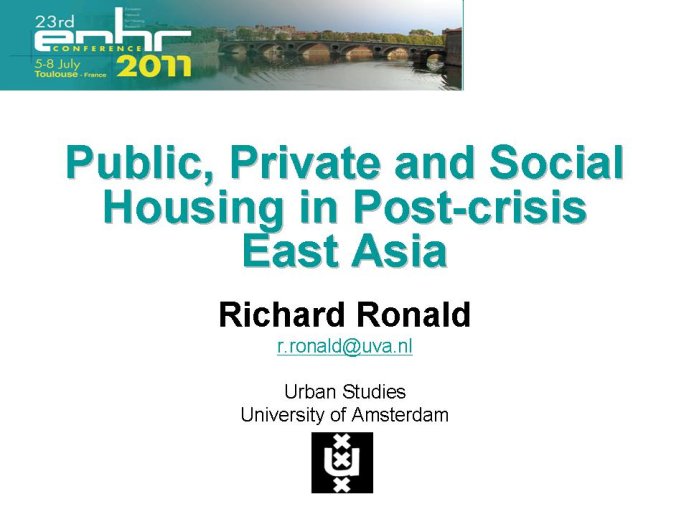
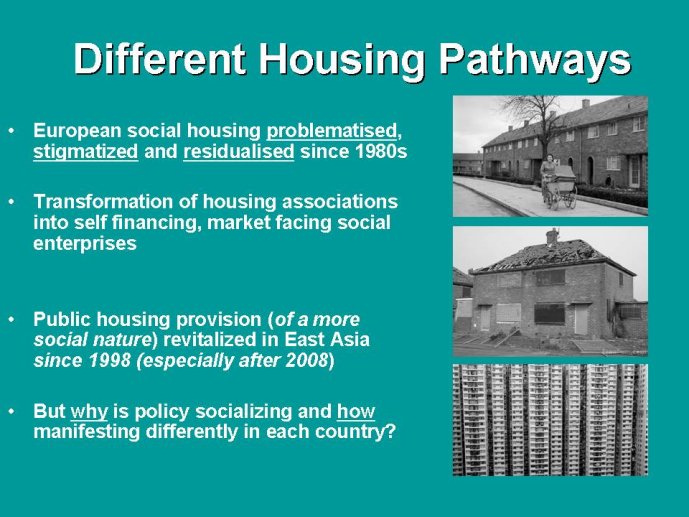

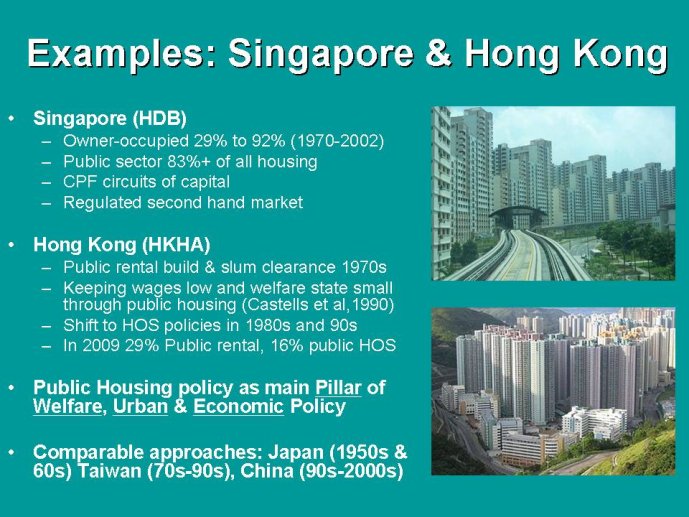
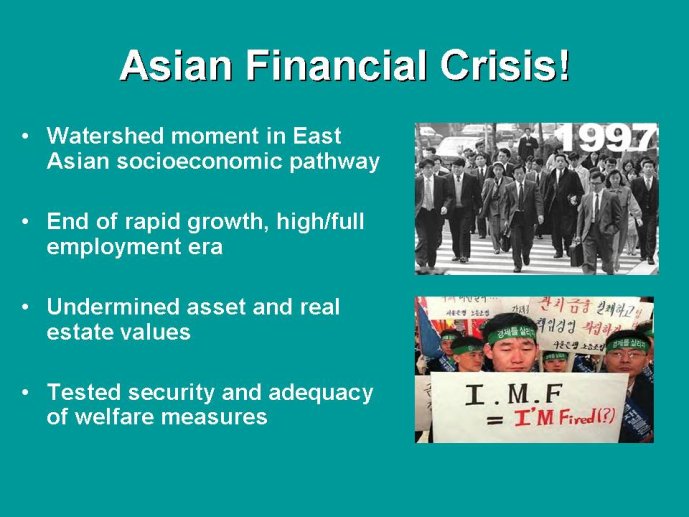
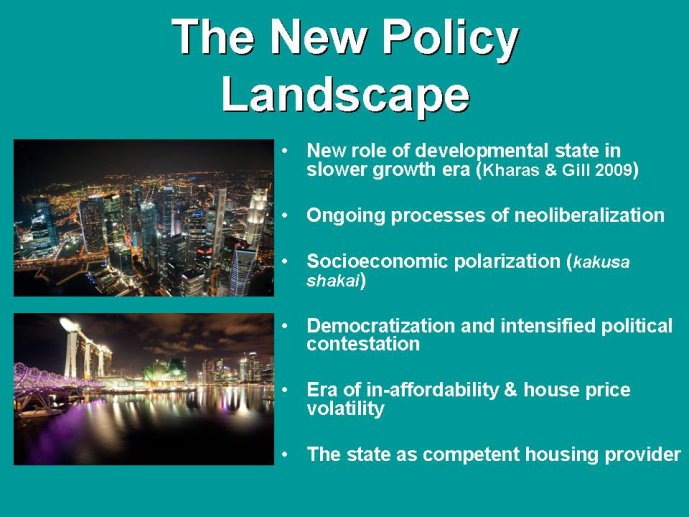
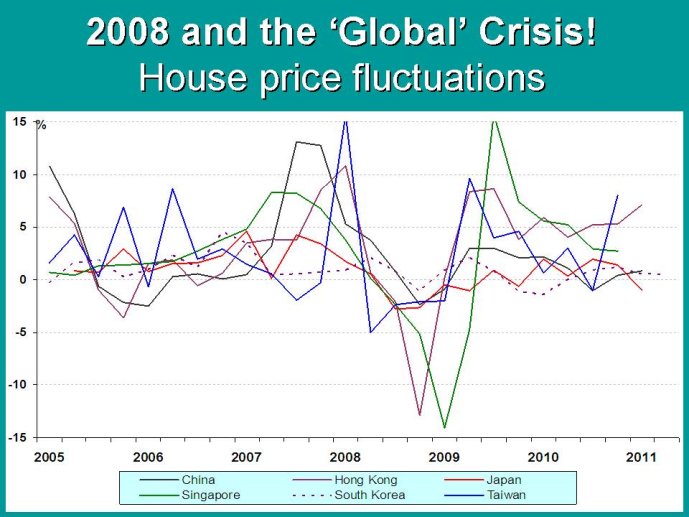
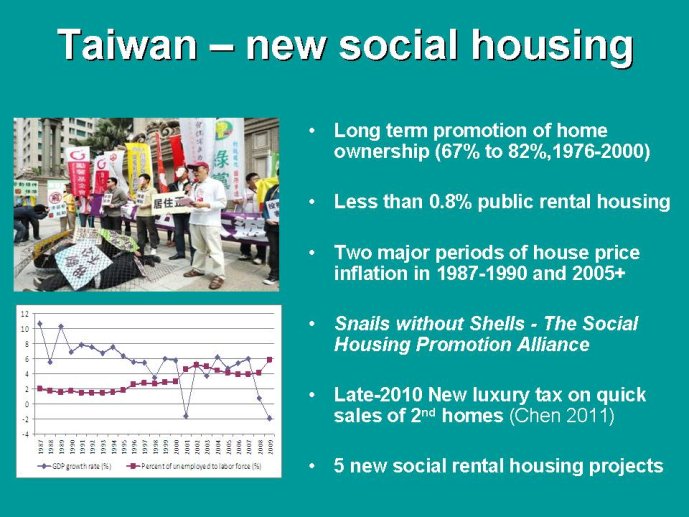
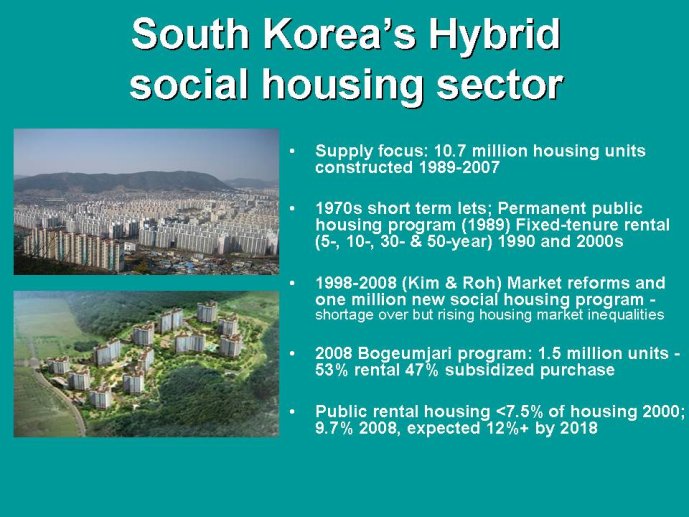

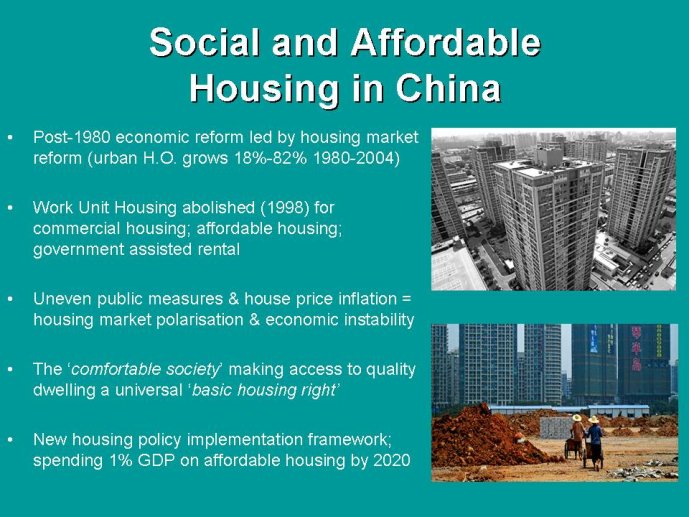
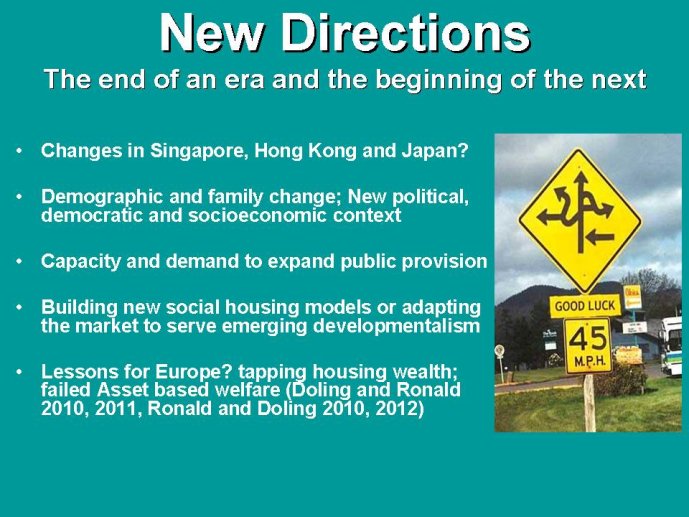

![Mixité, an urban and housing issue: ouverture du colloque [VO] / P. Boelhouwer, F. Ménard et al.](https://vod.canal-u.tv/videos/media/images/themes/sciences_humaines_sociales_de_l_education_et_de_l_information/sciences_de_la_societe/sociologie_anthropologie_ethnologie/sociologie/services_et_problemes_sociaux/mixite_an_urban_and_housing_issue_ouverture_du_colloque_vo_p_boelhouwer_f_menard_et_al/2175742-14-fre-FR/mixite_an_urban_and_housing_issue_ouverture_du_colloque_vo_p_boelhouwer_f_menard_et_al.gif)
![Mixité, an urban and housing issue: ouverture du colloque [VF] / P. Boelhouwer, F. Ménard et al.](https://vod.canal-u.tv/videos/media/images/themes/sciences_humaines_sociales_de_l_education_et_de_l_information/sciences_de_la_societe/sociologie_anthropologie_ethnologie/sociologie/services_et_problemes_sociaux/mixite_an_urban_and_housing_issue_ouverture_du_colloque_vf_p_boelhouwer_f_menard_et_al/2161572-30-fre-FR/mixite_an_urban_and_housing_issue_ouverture_du_colloque_vf_p_boelhouwer_f_menard_et_al.gif)
![Mixité, an urban and housing issue: introduction au colloque [VO]/ M.-C. Jaillet, Jean-Claude Driant](https://vod.canal-u.tv/videos/media/images/themes/sciences_humaines_sociales_de_l_education_et_de_l_information/sciences_de_la_societe/sociologie_anthropologie_ethnologie/sociologie/services_et_problemes_sociaux/mixite_an_urban_and_housing_issue_introduction_au_colloque_vo_m_c_jaillet_jean_claude_driant/2175399-10-fre-FR/mixite_an_urban_and_housing_issue_introduction_au_colloque_vo_m_c_jaillet_jean_claude_driant.gif)
![Mixité, an urban and housing issue: introduction au colloque [VF]/ M.-C. Jaillet, Jean-Claude Driant](https://vod.canal-u.tv/videos/media/images/themes/sciences_humaines_sociales_de_l_education_et_de_l_information/sciences_de_la_societe/sociologie_anthropologie_ethnologie/sociologie/services_et_problemes_sociaux/mixite_an_urban_and_housing_issue_introduction_au_colloque_vf_m_c_jaillet_jean_claude_driant/2162823-25-fre-FR/mixite_an_urban_and_housing_issue_introduction_au_colloque_vf_m_c_jaillet_jean_claude_driant.gif)
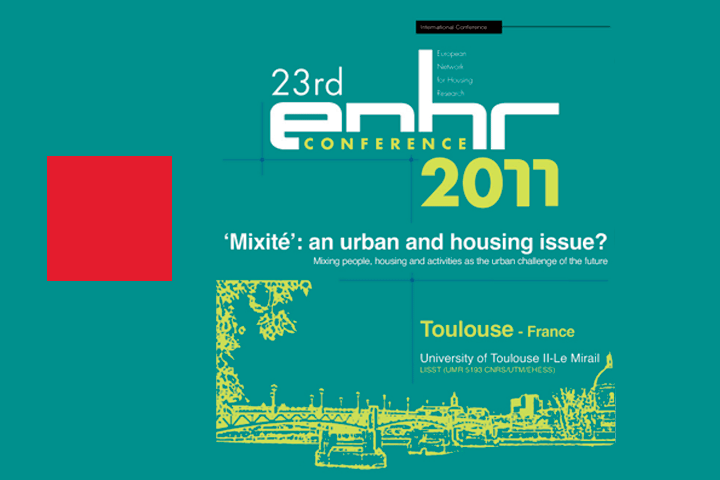
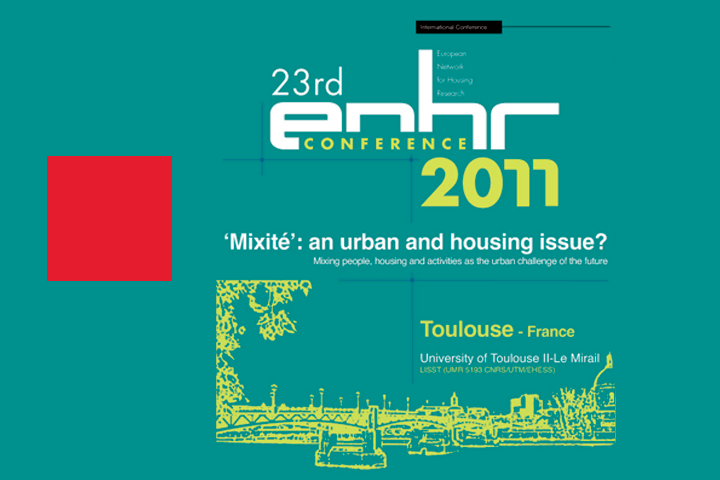
![Implementing "Mixité". Discourses and experiences of politicians and stakeholders: Round Table [VF]](https://vod.canal-u.tv/videos/media/images/themes/sciences_humaines_sociales_de_l_education_et_de_l_information/sciences_de_la_societe/sociologie_anthropologie_ethnologie/sociologie/services_et_problemes_sociaux/implementing_mixite_discourses_and_experiences_of_politicians_and_stakeholders_round_table_vf/2165463-16-fre-FR/implementing_mixite_discourses_and_experiences_of_politicians_and_stakeholders_round_table_vf.gif)
![Approaches, pratices, challenges of mixité in urban contexts: présentation plénière [VF]/ Ian Cole](https://vod.canal-u.tv/videos/media/images/themes/sciences_humaines_sociales_de_l_education_et_de_l_information/sciences_de_la_societe/sociologie_anthropologie_ethnologie/sociologie/services_et_problemes_sociaux/approaches_pratices_challenges_of_mixite_in_urban_contexts_presentation_pleniere_vf_ian_cole/2164972-9-fre-FR/approaches_pratices_challenges_of_mixite_in_urban_contexts_presentation_pleniere_vf_ian_cole.gif)
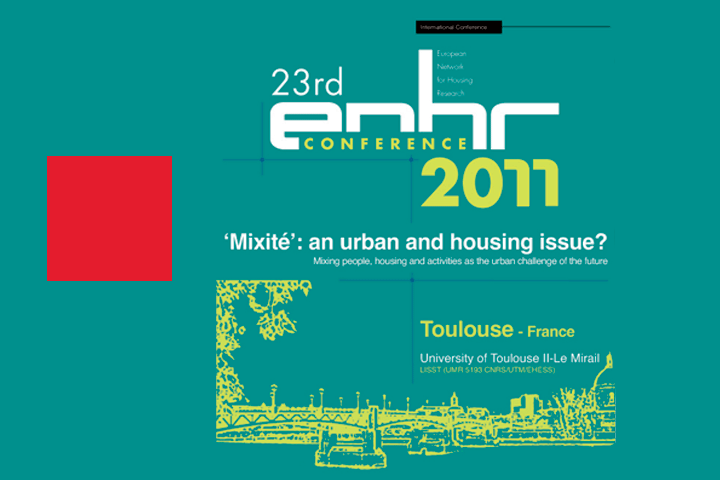
![The grammar of "mixed communities": urban injustice and the Aylesbury Estate [VF] / Loretta Lees](https://vod.canal-u.tv/videos/media/images/themes/sciences_humaines_sociales_de_l_education_et_de_l_information/sciences_de_la_societe/sociologie_anthropologie_ethnologie/sociologie/services_et_problemes_sociaux/the_grammar_of_mixed_communities_urban_injustice_and_the_aylesbury_estate_vf_loretta_lees/2165074-8-fre-FR/the_grammar_of_mixed_communities_urban_injustice_and_the_aylesbury_estate_vf_loretta_lees.gif)
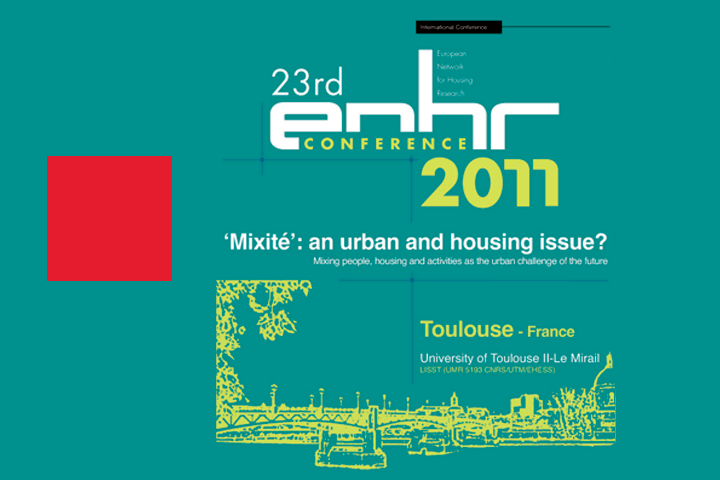
![Principal Ownership, Motivations and Behaviour. Exploring the hybrid nature of Australian third sector housing [VF] / Tony Gilmour](https://vod.canal-u.tv/videos/media/images/themes/sciences_humaines_sociales_de_l_education_et_de_l_information/sciences_de_la_societe/sociologie_anthropologie_ethnologie/sociologie/services_et_problemes_sociaux/exploring_the_hybrid_nature_of_australian_third_sector_housing_vf_tony_gilmour/2164310-9-fre-FR/exploring_the_hybrid_nature_of_australian_third_sector_housing_vf_tony_gilmour.gif)